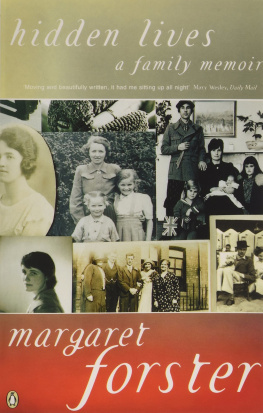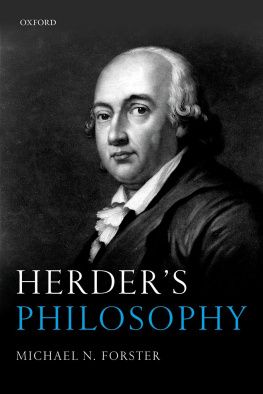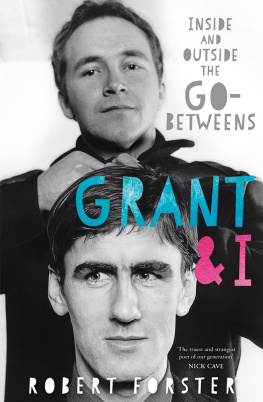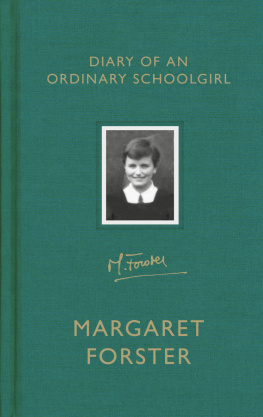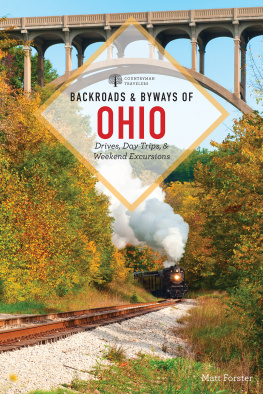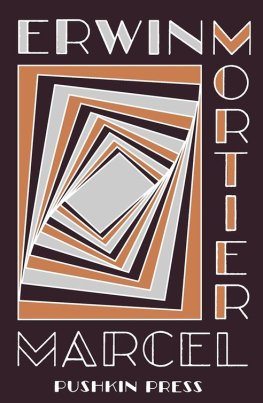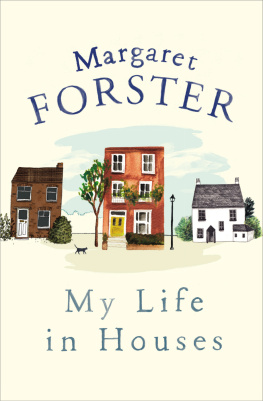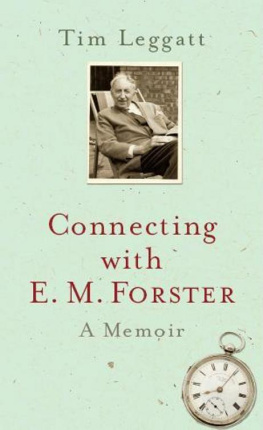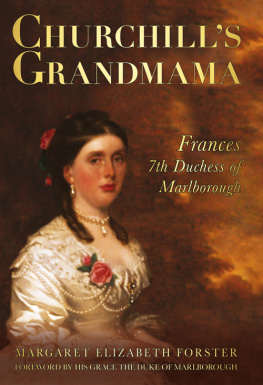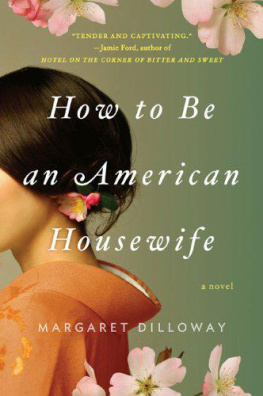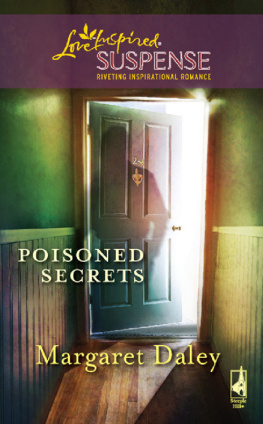PENGUIN BOOKS
HIDDEN LIVES
Margaret Forster was born in Carlisle in 1938. Educated at the County High School, she won an open scholarship to Somerville College, Oxford, where she read history. Her many novels include Georgy Girl, The Seduction of Mrs Pendlebury, Private Papers, Mother Can You Hear Me?, Have the Men Had Enough?, Ladys Maid, The Battle for Christabel, Mothers Boys, Shadow Baby, Rich Desserts and Captains Thin and The Memory Box. Margaret Forster has written numerous works of non-fiction, including a biography of Bonnie Prince Charlie, entitled The Rash Adventurer; a highly praised autobiography of Thackeray; Significant Sisters, which traces the lives and careers of eight pioneering women; a biography of Elizabeth Barrett Browning, which won the Royal Society of Literatures Award for 1988 under the Heinemann bequest; a selection of Elizabeth Barrett Brownings poetry; her critically acclaimed biography Daphne du Maurier, which was awarded the 1994 Fawcett Book Prize; Hidden Lives, a family memoir, which was nominated nine times in 1995 as Book of the Year; and Precious Lives, a memoir of her father, which won the J. R. Ackerley Prize in 1999. Many of her books are published by Penguin.
Margaret Forster lives in London and the Lake District. She is married to writer and broadcaster Hunter Davies and they have three children.
MARGARET FORSTER
Hidden Lives
A FAMILY MEMOIR

PENGUIN BOOKS
PENGUIN BOOKS
Published by the Penguin Group
Penguin Books Ltd, 27 Wrights Lane, London W8 5TZ, England
Penguin Putnam Inc., 375 Hudson Street, New York, New York 10014, USA
Penguin Books Australia Ltd, Ringwood, Victoria, Australia
Penguin Books Canada Ltd, 10 Alcorn Avenue, Toronto, Ontario, Canada M4V 3B2
Penguin Books (NZ) Ltd, Private Bag 102902, NSMC, Auckland, New Zealand
Penguin Books Ltd, Registered Offices: Harmondsworth, Middlesex, England
First published by Viking 1995
Published in Penguin Books 1996
Copyright Margaret Forster, 1995
All rights reserved
The moral right of the author has been asserted
Except in the United States of America, this book is sold subject to the condition that it shall not, by way of trade or otherwise, be lent, re-sold, hired out, or otherwise circulated without the publishers prior consent in any form of binding or cover other than that in which it is published and without a similar condition including this condition being imposed on the subsequent purchaser
ISBN: 978-0-14-195774-6
Prologue
Boxing Day, 1869. A Sunday. Snow lay thick on the ground, thick on the cathedral roof, thick on the stout castle ramparts. For days a bitter east wind had blown from the Pennines across the Eden plain, scudding across the heavily swollen waters of the river Caldew, splitting the opaque black surface into even darker ripples. There was a deathly silence in this snow-muffled night-time city of Carlisle except for the boom of the cathedral bells every four hours, a most sombre sound which carried far outside the city boundaries to the outlying Cumberland villages. The dawn that day was crude, the violent red of the suddenly lightening sky lurid against the startling white of the new snow, against the grim black of the many factories and mills in the district of Caldewgate. All of wide, wide Church Street was one mass of unbroken, crusty white and the side streets leading off it were silted up with snow. Where, in sheltered spots, cobbles showed through, these glistened with ice.
In a house in one of these turnings, John Street, a young woman, nineteen years old, was giving birth to her first child. The womans name was Annie Jordan. She called her baby Margaret Ann. Three months later she had her daughter baptized in the church of St Mary. Not quite two years after that Annie Jordan died, aged twenty-one, leaving Margaret Ann an orphan.
*
The month of May, 1936. A Saturday morning in Raffles, the big new council estate on the west side of Carlisle where the poor of Caldewgate had been rehoused. Men were out in their gardens ferociously trimming hedges which were just beginning to mature, diligently mowing lawns now at last smooth and green, the weak growth of the first few years forgotten. Number 44 Orton Road was on a corner, facing the bus stop opposite, but the woman didnt come on a bus. She came by car. Cars were rare on the Raffles estate. When the black car pulled up outside number 44 it was assumed by those watching, and many were, if in an idle fashion, that a doctor would step out. But no doctor had been sent for. Instead, an elderly woman, short of stature and dressed in black, veil included, emerged and walked up the short path to the green door.
She knocked and waited. The door was opened by a graceful-looking young woman who looked startled to find anyone standing there. The visitor politely inquired if she was correct in believing Margaret Ann Hind lived here. The young woman said she was, that Mrs Hind was her own mother. The visitor asked if, in that case, she might have a few words with Mrs Hind? The young woman, Lilian, hesitated. It was rude to keep anyone on the doorstep but some instinct told her that it would be better if her mother was warned first. She didnt want to show this visitor straight into the living-room where Mrs Hind was sitting with her grandson Gordon, aged four, on her knee. So, with an apologetic smile, and wishing there was either a hall or a parlour where this woman could wait, she said she would go to get her mother.
Margaret Ann Hind, told there was someone at the door wanting her, lifted Gordon off her knee and stood up. She had grown a little stout in her sixties but she carried herself so well, as straight backed as Queen Victoria, that it became her. She had a welcoming expression on her face but when she reached the tiny vestibule and saw her visitor it vanished. She seemed to freeze. She put out a hand to steady herself. Lilian saw that, for whatever reason, her mother was shocked and such shocks were to be avoided. Margaret Ann had suffered from angina for the past decade and the doctor had warned her to guard against agitation of any kind. But as Lilian, hovering in the background, asked if her mother was all right, Margaret Ann seemed to rally, to control whatever emotion she was feeling. She did not address this stranger by name but merely said to Lilian that she would take her visitor upstairs and began to lead the way. The stairs opened straight up from the vestibule. They led to two bedrooms, one occupied by Lilian and her husband Arthur and their son Gordon, and one by Margaret Ann herself. She was in the process of selling her house, though she had not yet emptied it of her furniture since she had not yet decided where she would live. Always in awe of her mother, Lilian did not protest, though it embarrassed her to realize there was no chair in her mothers bedroom upon which a visitor could sit. It was no place for a guest.
Lilian went back into the small living-room where Gordon was still looking at the picture-book his grandmother had been showing him. Arthur was in the garden, preparing the ground for his bedding plants. Soon he would take Gordon to visit his other grandmother and his grandfather. Lilian began to get Gordon ready. She had a sense of foreboding, but then she very often did. There was a fire burning in the black-leaded range even though it was May, and she warmed Gordons jacket at it. Then she dressed him in it and sat him on her knee, taking up the picture-book again and waiting for Arthur to come in and say he was ready. She could hear no sound from upstairs, not even the low hum of voices. She wondered if the two women were sitting side by side on the double bed. Were they whispering? It would be cold up there. It was a cold morning even if it was spring. A long time seemed to go by. Gordon became impatient. Finally, she went out to see how long Arthur was going to be. He was just finishing his digging. While he washed his hands in the kitchen sink she told him about her mothers visitor and how worried she was because her mother had seemed alarmed.
Next page
